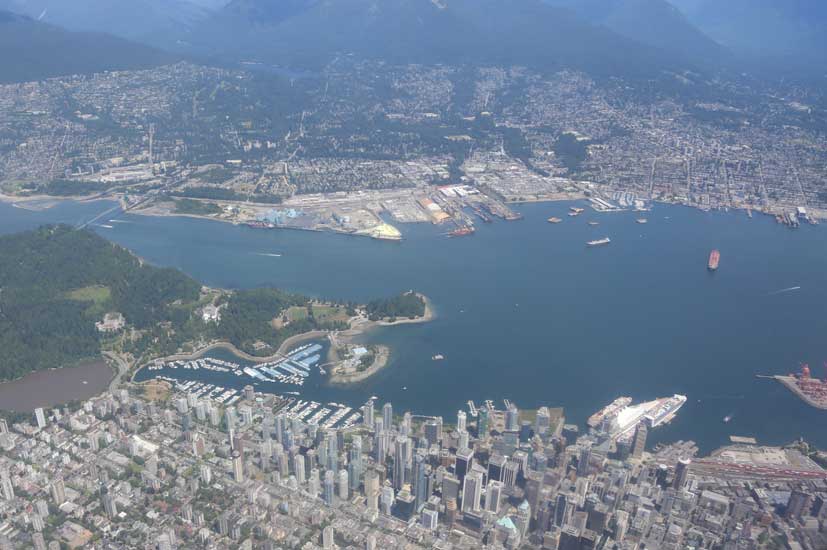
Photo credit: Anthony Ho
On behalf of BC Nature (Federation of BC Naturalists) and Nature Canada, CELL is going before the National Energy Board to ensure a proper assessment of tanker impacts from the Trans Mountain Expansion Project (TMX). Both naturalist organizations share serious concerns about potential adverse impacts to marine bird species from the increase in tanker traffic and the risk of an oil spill.
In 2016, the federal government approved TMX after an NEB process that was widely criticized, including for failing to properly review marine spill impacts and for the lack of cross-examination. The Federal Court of Appeal recently quashed that approval and sent the project back for reconsideration. The Court held that the NEB’s decision to exclude project-related marine shipping impacts from its assessment under the Canadian Environmental Assessment Act, 2012 was such an “unjustified” and “critical error” that its report could not be considered a proper report for federal Cabinet to make a decision. The Court also held that the Crown failed in its duty to consult First Nations.
BC Nature and Nature Canada had been involved in the Trans Mountain review process since 2014, when the original NEB review process began. They argued before the NEB that the evidence surrounding shipping impacts on marine birds was so deficient that further assessment and cross-examination were required. With this reconsideration, the NEB has the chance to do a proper job, and we are intervening in the reconsideration process to make sure that this happens.
Yesterday, BC Nature and Nature Canada filed their response to the NEB’s request for comments about the reconsideration process. We urged the NEB to conduct an assessment of project-related shipping that would properly consider impacts on marine birds, and to include limited cross-examination. “The Federal Court of Appeal was crystal clear that the NEB’s failure to consider the adverse environmental effects of marine shipping and to comply with the Species at Risk Act was a fatal error that rendered Cabinet’s decision to approve the project illegal,” says Chris Tollefson, executive director of CELL. “SARA-listed marine birds and the Southern Resident Orcas deserve a review process that fully and lawfully considers how this project will affect their survival and recovery”.
TMX is a project proposal to twin an existing pipeline from the Alberta oil sands to the Westbridge Marine Terminal in Burnaby so that Alberta crude oil can be shipped to Asian markets. With the twinning, the amount of heavy oil (bitumen) transported through the pipeline and exported by tankers will increase from 300,000 bbl/d to 890,000 bbl/d, and marine export traffic could increase from 60 tankers to an estimated 408 tankers per year. A marine oil spill could have catastrophic impacts on the environment, including many marine bird species at risk, in British Columbia.
BC Nature is a province‐wide federation of naturalists and naturalists’ clubs, and Nature Canada is the national voice of naturalists in Canada. In partnership with BirdLife International, Nature Canada implements the Important Bird Area (“IBA”) program in Canada. BC Nature coordinates the IBA program in British Columbia.
Posted: October 4, 2018

